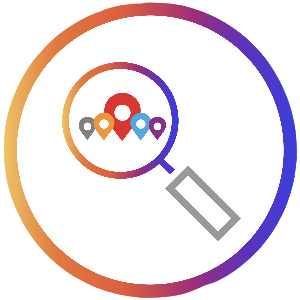Table of Contents
- 1 8 Questions Every Renter Should Ask Before Signing Any Paperwork
- 1.1 What is the monthly rent price, and when is it due each month?
- 1.2 Are there any additional fees or deposits that are required?
- 1.3 How long is the lease agreement, and what happens if I need to break it early?
- 1.4 Who is responsible for repairs and maintenance – me or the landlord?
- 1.5 Is internet, cable, and/or water included in the rent price?
- 1.6 What is the policy on subletting my apartment if I need to leave town for a period of time?
- 1.7 Can I decorate my apartment however I want, or am I limited to specific colors/styles?
- 1.8 When can I move in/move out, and do I have to give the landlord notice if I need to leave?
8 Questions Every Renter Should Ask Before Signing Any Paperwork
What is the monthly rent price, and when is it due each month?
The monthly rent price should be clearly stated in your lease agreement, and you should never have to pay more than this amount, even if there are additional fees (such as a security deposit) or charges (for example, utilities or parking). You should also be given a grace period of at least three days before your rent payment is considered late.
Are there any additional fees or deposits that are required?
Check the lease agreement closely and if you want to avoid surprises, ask your future landlord as many questions as possible about what’s included in the monthly rent price and what additional charges you’ll have to pay. You should never be asked for money without having the opportunity to read the entire lease agreement first, so ask your future landlord to send you a copy before signing it.
How long is the lease agreement, and what happens if I need to break it early?
Read every line of your new lease agreement carefully and determine how much notice you need to give before terminating your tenancy early. Make sure you understand the possible penalties if you decide to terminate your lease agreement early.
Who is responsible for repairs and maintenance – me or the landlord?
In most cases, repairing any damage caused by yourself or your guests is the tenant’s responsibility. Suppose your landlord does not make necessary repairs. In that case, you can always get help from the province’s rental housing enforcement office (for example, in Ontario, that would be the Landlord and Tenant Board).
Is internet, cable, and/or water included in the rent price?
Depending on where you live, these services might be included in the rent price (for example, if you live in Northern Ontario or in an older building) – ask your future landlord to be clear about what is and isn’t included in the monthly rent price.
What is the policy on subletting my apartment if I need to leave town for a period of time?
If you need to leave your apartment for an extended period of time, you should ask your future landlord if you can rent it out temporarily and how much they would expect to be paid in exchange (for example, a percentage of the monthly rent price).
Can I decorate my apartment however I want, or am I limited to specific colors/styles?
You should always be allowed to paint or wallpaper your apartment as you like, but your future landlord might have limits on the kinds of fixtures and furniture that can be brought into the unit (such as no pets) – ask them about what’s okay before you move in.
When can I move in/move out, and do I have to give the landlord notice if I need to leave?
You should ask your future landlord when you can move in and move out (for example, it might be possible for you to start living in your new apartment on April 30th instead of May 1st) and what kind of notice they require if you need to terminate your tenancy early.
Summary
If you’re in the process of looking for a new place to live, make sure you ask your potential landlord these questions before signing any paperwork. The last thing you want is to sign a lease agreement only to find out later that it’s not what you expected. So, before saying “I do,” make sure your future landlord answers these eight questions. By knowing what to expect ahead of time, you’ll avoid any nasty surprises down the road. Good luck and happy house hunting!
